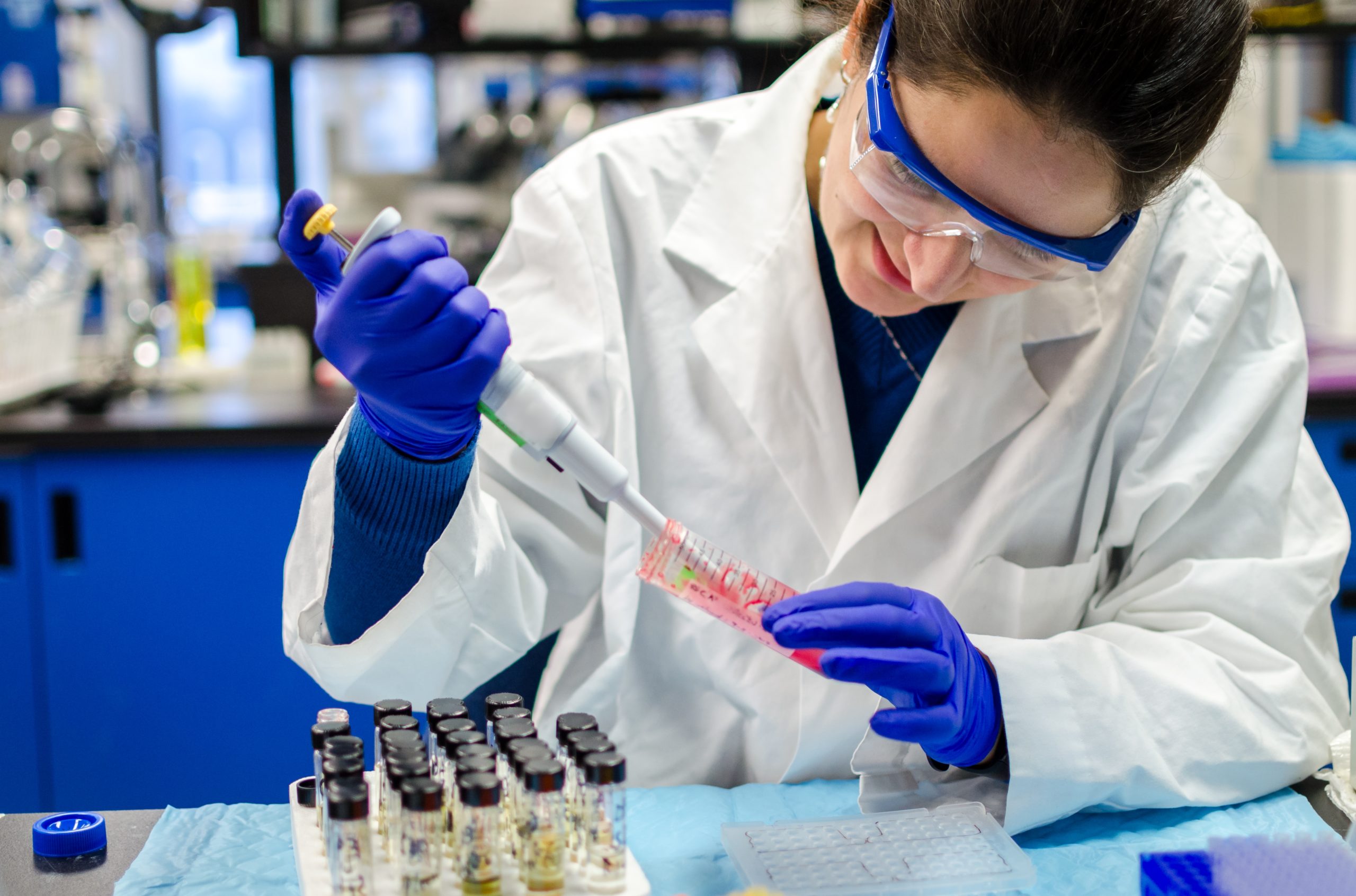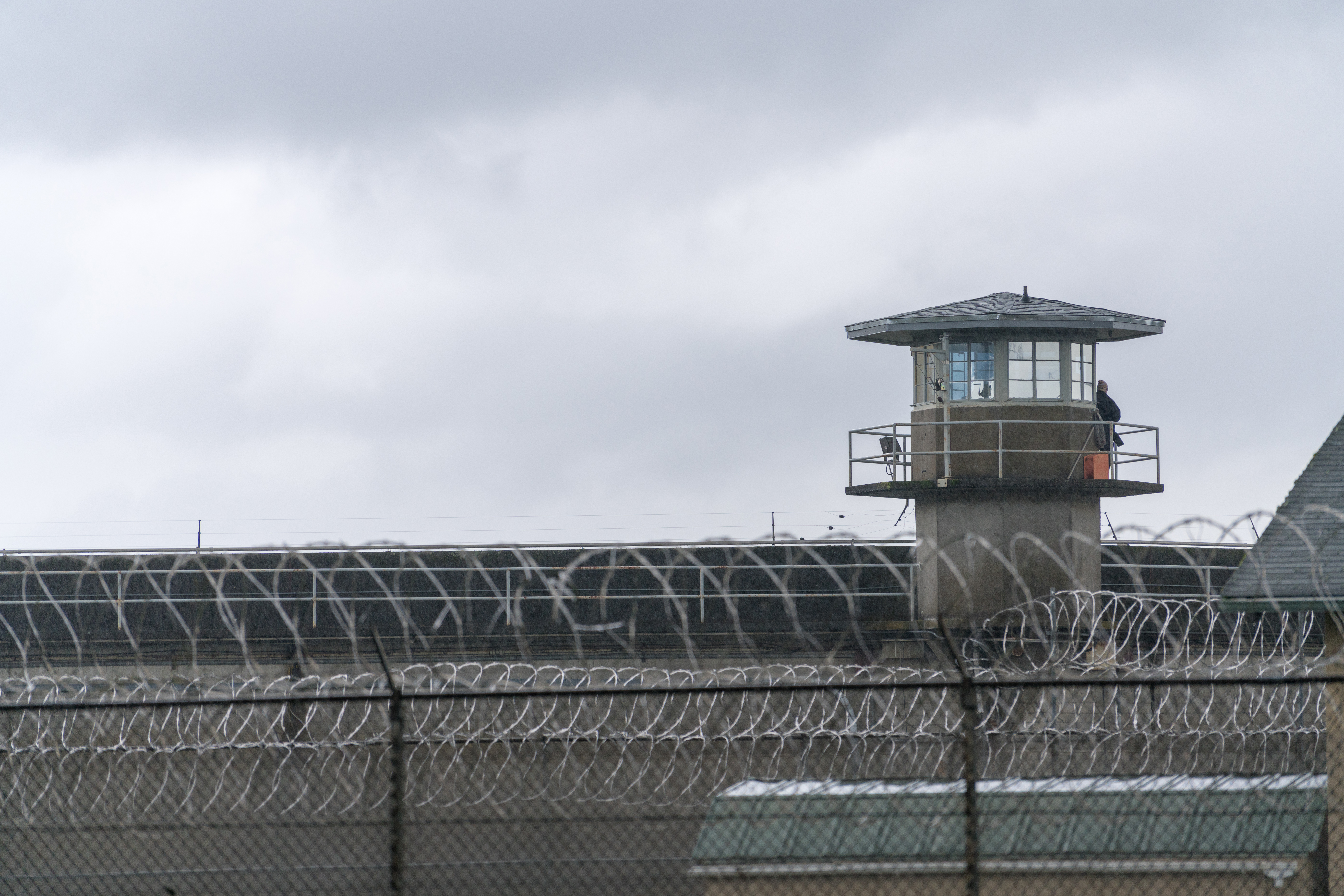
In December 2020, the European Union (EU) revised the Drinking Water Directive by approving a new set of rules that extended Legionella monitoring to every potable water system in the EU. The new rules entered force on January 12, 2021, with new member states having two years to transpose them into national legislation. Member states are left free to determine their approach to testing, as they can choose the methods they find most appropriate for the purposes of sampling Legionella. In response to this, a new study has been initiated in Italy comparing the culture methods of testing for Legionella…

